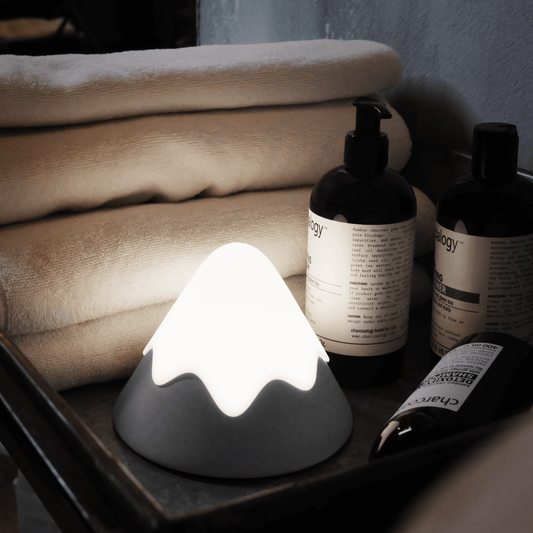It's a question that has been debated for centuries: do men and women really sleep differently? Some say that men sleep like logs, while women are light sleepers. Others claim that men are the ones who snore, while women are the ones who toss and turn all night. So which is it? Let's take a closer look at the science of sleep to find out.

How Do Men Sleep?
It's no secret that men and women are different in many ways, including the way we sleep. Studies have shown that men typically require more sleep than women do—about 15 minutes more per night, to be precise. This is because men tend to have higher levels of testosterone than women, which can lead to increased fatigue.
In addition, men tend to have more muscle mass than women, which also leads to higher levels of fatigue and a need for more sleep. Testosterone can cause irritability, depression, and decreased ability to concentrate—all of which can make it difficult to fall asleep at night. Additionally, some research has shown that testosterone levels decline with age, which may explain why older men often have difficulty sleeping.
How a man sleeps can depend on many factors, including his age, health, and stress levels. Generally speaking, men tend to sleep less deeply than women and are more likely to experience interrupted sleep. They are also more likely to suffer from insomnia and sleep apnea. However, there are some differences between how young men and older men sleep. For example, older men are more likely to wake up frequently throughout the night.
How Do Women Sleep?
While some research has shown that women need less sleep than men do, other studies have found that this isn't always the case. In fact, one study found that women in their 20s and 30s actually need about 20 minutes more sleep than men do—likely because of hormonal changes associated with childbearing years. Interestingly, this difference disappears after menopause, when both sexes typically need about the same amount of sleep.
Women tend to sleep more deeply than men and experience fewer interruptions in their sleep. They are also less likely to suffer from insomnia and sleep apnea. That being said, pregnant women and women who are going through menopause often have difficulty sleeping due to hormonal changes. Hot flashes, night sweats, and anxiety can all disrupt a woman's sleep.
Sleep Disorders in Men vs Women
There are also some gender differences when it comes to sleep disorders. For example, studies have shown that men are more likely to experience insomnia than women are. This may be due in part to higher levels of stress and anxiety in men.
Women, on the other hand, are more likely to experience restless leg syndrome and narcolepsy than men are. This may be due in part to hormonal changes during childbearing years.
Do Medical Professionals Think We Sleep Differently?
The jury is still out on whether or not medical professionals believe that men and women actually sleep differently. Some experts say that the differences between how men and women sleep are exaggerated and that we all experience similar patterns of light and deep sleep throughout the night regardless of our gender. However, other experts believe that hormones do play a role in how we sleeps—with higher levels of prolactin promoting deep sleep in women and higher levels of testosterone linked to lighter sleep in men—and that these differences are significant enough to be considered real.
So, what can we conclude from all this research? It seems clear that there are some important differences between the way men and women sleep—although not always in the ways you might expect. However, it's important to remember that these differences are averages; there will always be individual variation within each gender group. If you're having trouble sleeping, talk to your doctor; they can help you determine whether your symptoms are due to a underlying medical condition or simply your body's natural biology.





















